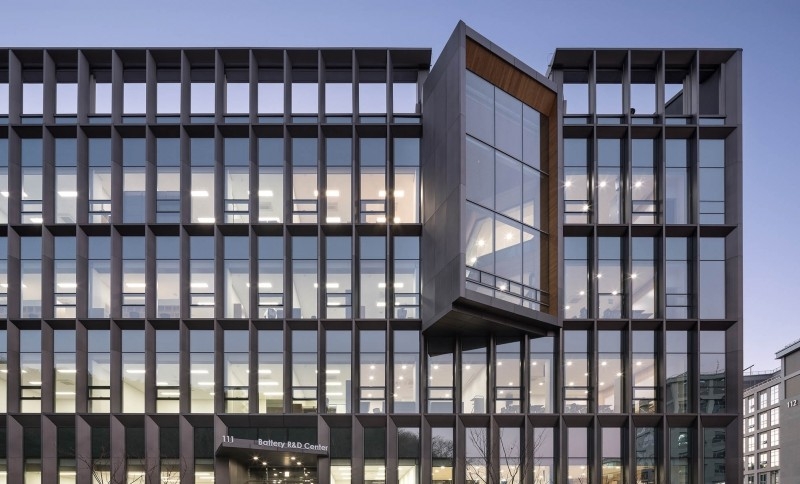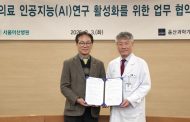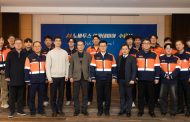UNIST has recently been selected to embark on the ‘Development Project for Materials and Processing Technologies for EES-based Ultra-long Cycle-Life Lithium-Ion Batteries’ by the Ministry of Trade, Industry and Energy (MOTIE) and Green Energy New Innovative Expert (GENIE).
The project’s consortium includes the Korean government (KRW 4 billion), city of Ulsan (KRW 1.2 billion) and Korea East-West Power Company Ltd. (KRW 400 million). With the total support of KRW 5.6 billion over the next four years, UNIST will accelerate the commercialization of cost-efficient lithium-ion batteries with extended cycle life.
In the Battery of Things (BoTs) age where everything is connected to batteries, the Energy Storage System (ESS) has emerged as the most promising technology of the future. The Energy Storage System (ESS) has been recognized as an underpinning technology to have great potential in meeting the following challenges, whereby energy generated during periods of low demand is stored in a certain state, and converts it to electrical energy to be used when needed.
Due to its exceptional properties, such as high energy efficiency and stability in electrical power system, the application range of ESS technologies is expanding worldwide. However, it has been difficult to establish business feasibility due to the high production cost.
Through this project, the Industry-Academia Battery R&D Center at UNIST will be developing next-generation battery technologies, used in ESS. The center will develop new types of battery materials for cathods, anodes, and electrolytes to ensure long lasting battery life.
The center has secured the original technologies necessary for making the next-generation lithium batteries. It has has also finished filing three battery-related patent applications. Through these technologies, the production costs will be lowered and the number of charge/discharge battery cycles will be also doubled from 3,000 times.
Moreover, UNIST has facilitated collaborative research projects with local universities and companies to commercialize next-generation battery materials and to develop mass-producible cell processing technologies. It will develop new cathode materials with Seoul National University and Umicore Co. Ltd., new anode materials with SJ Advanced Materials Co. Ltd., and new electrolyte materials with Chunbo Fine Chemicals Co. Ltd. UNIST also plans to develop the ‘Accelerated Life Testing Method for Ultra-long Cycle-life Batteries’ in collaboration with Korea Electrotechnology Research Institute (KERI) and Myongji University. It will, then, develop battery cells with ultra-long cycle life with Samsung SDI and verify the commercialization potential of ESS with Korea East-West Power Company Ltd. and Samsung SDI, later on.
“Without wholehearted support from Ulsan City, it would have been impossible for UNIST to build world-class research infrastructure,” says Director Jaephil Cho of the Industry-Academia Battery R&D Center. “We will lead the energy storage market globally in cooperation with related research organizations, including Korea East-West Power Company Ltd.”











![[2026 Matriculation] UNIST Welcomes Class of 2030!](https://news.unist.ac.kr/wp-content/uploads/2026/02/사진-박종래-UNIST-총장이-2026년-입학식사를-전하고-있다-2-190x122.jpg)
![[2026 UNIST Commencement] UNIST Confers Degrees to 883 Graduates](https://news.unist.ac.kr/wp-content/uploads/2026/02/사진-2026학년도-UNIST-졸업생들이-학사모를-위로-던지며-졸업을-축하하고-있다-1-800x413-190x122.jpg)



